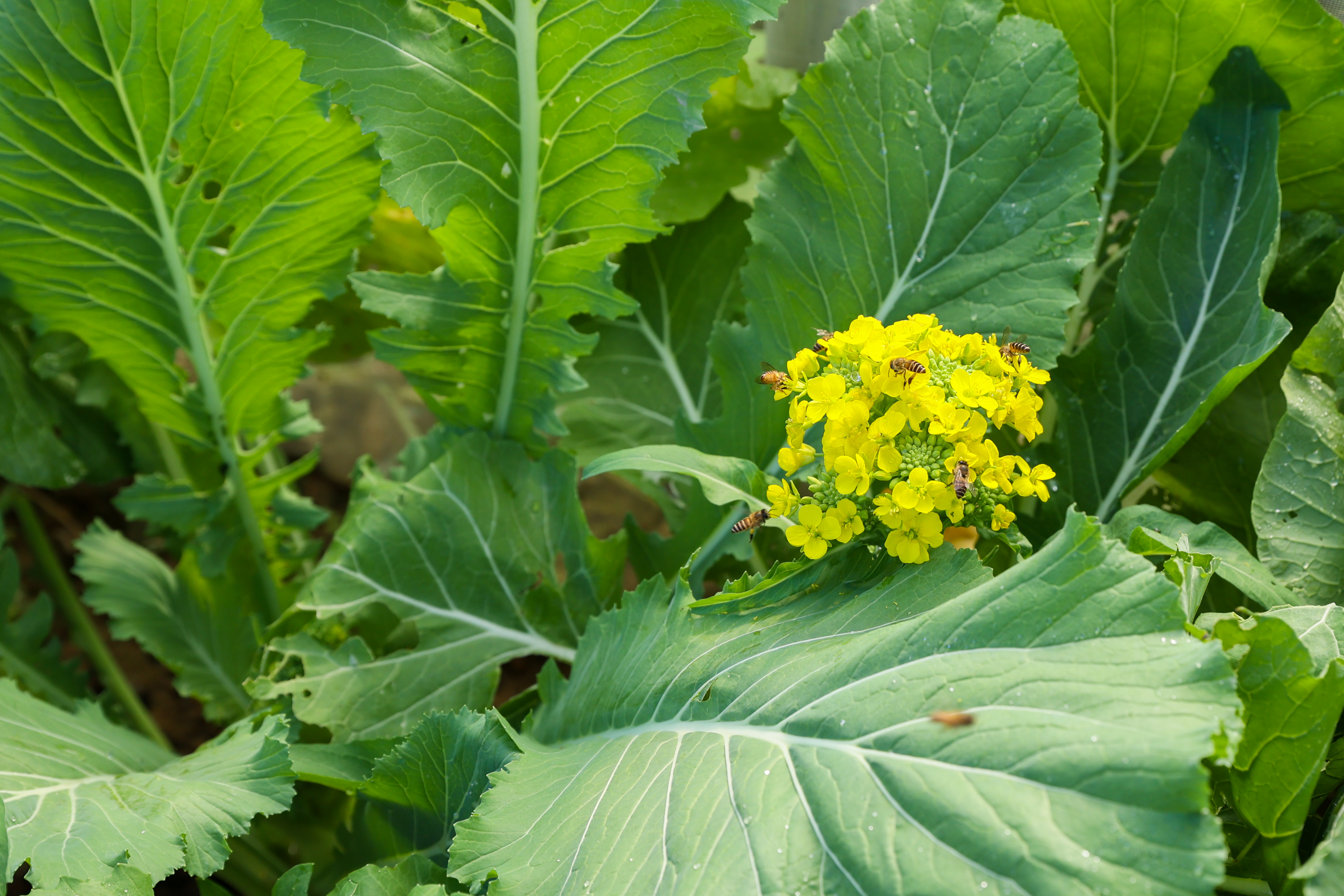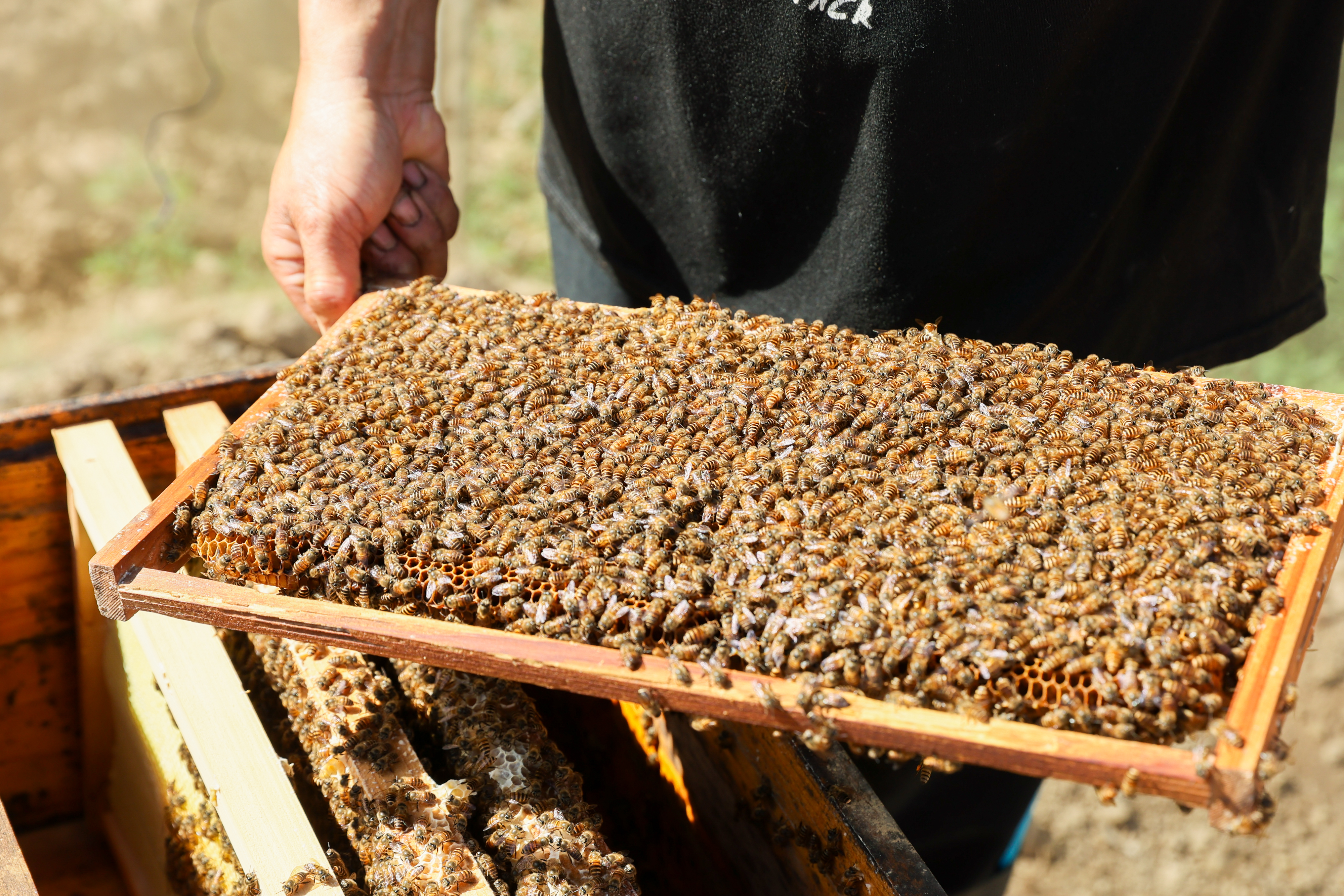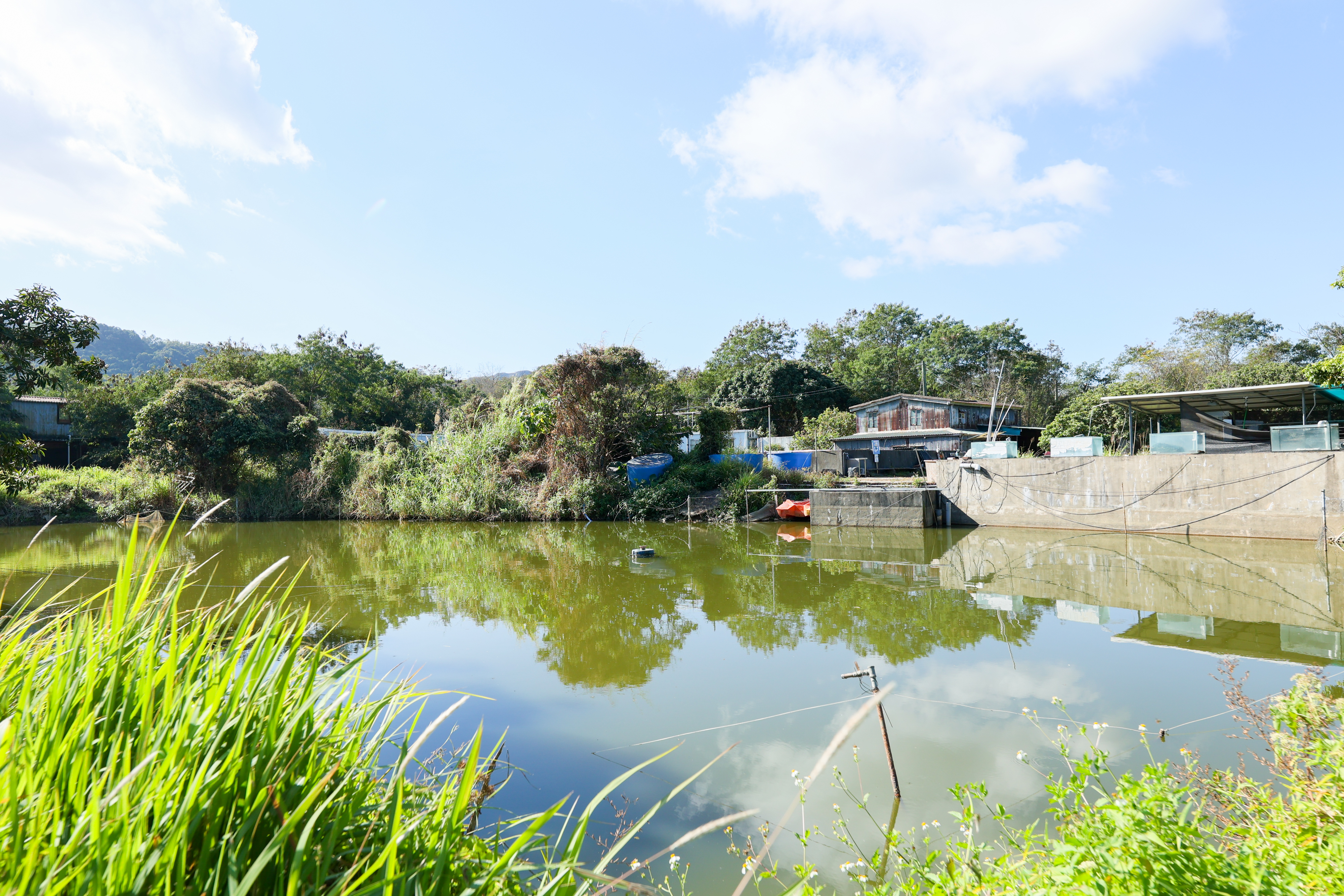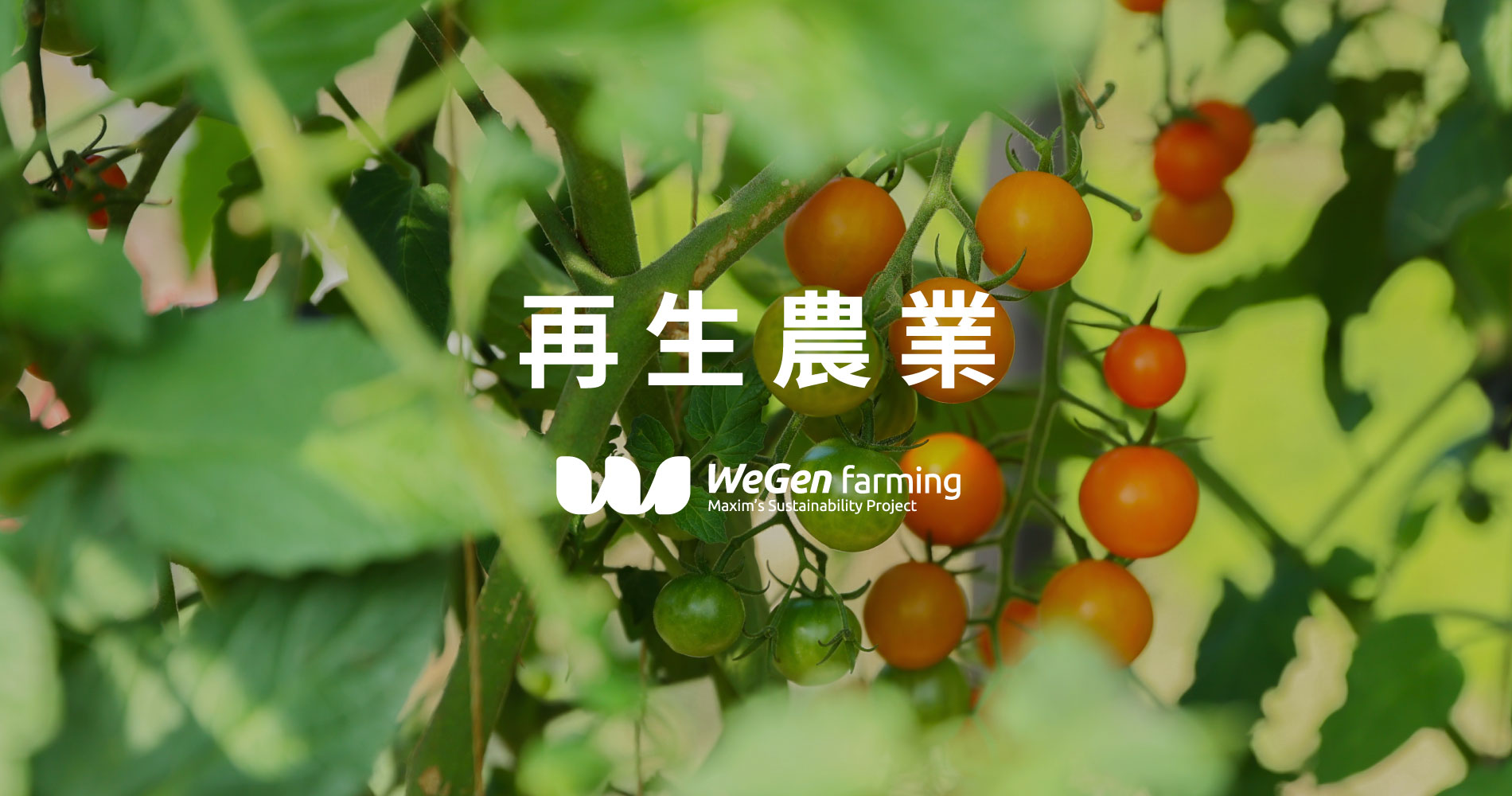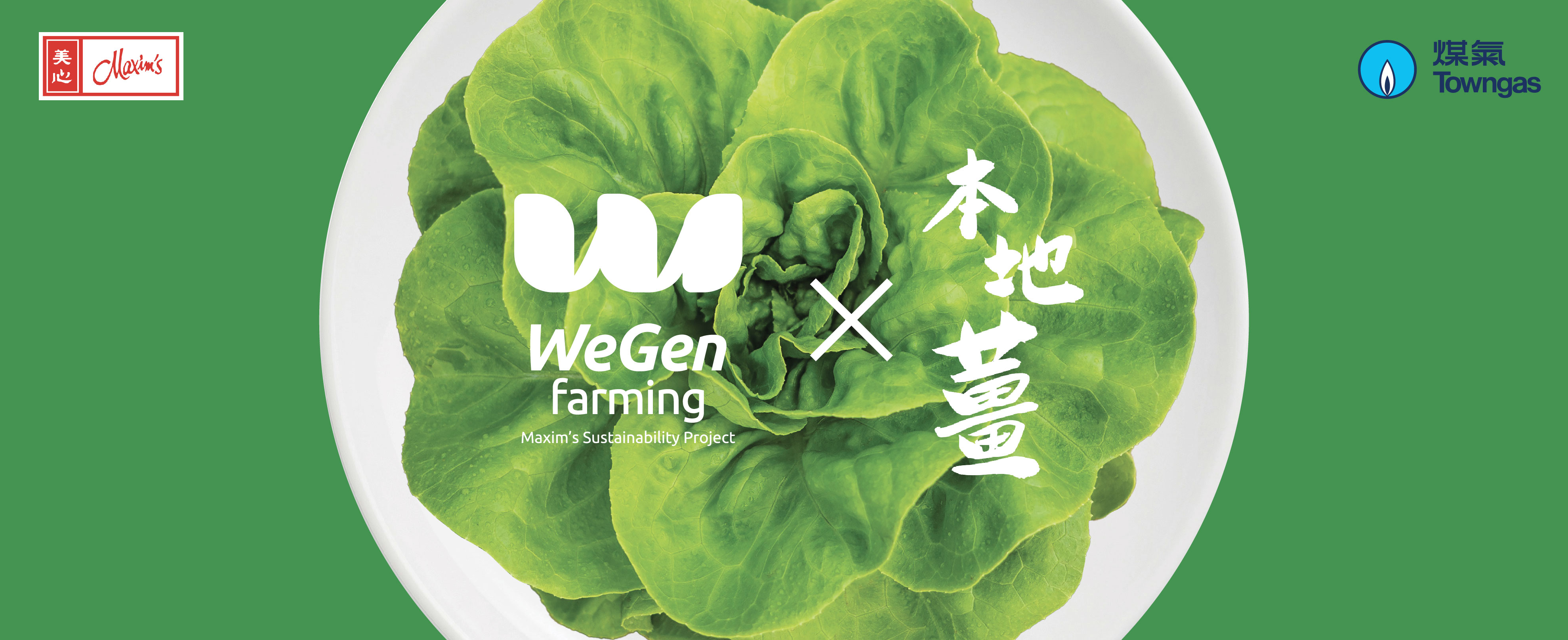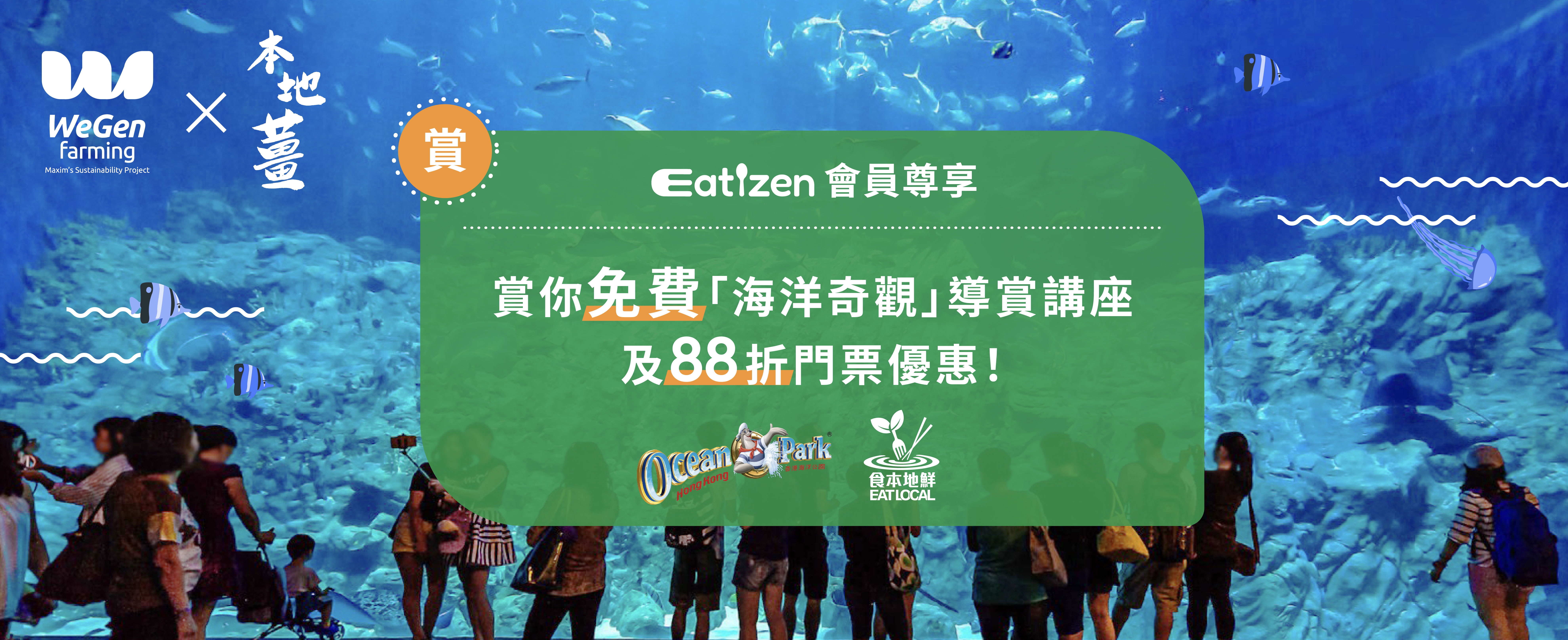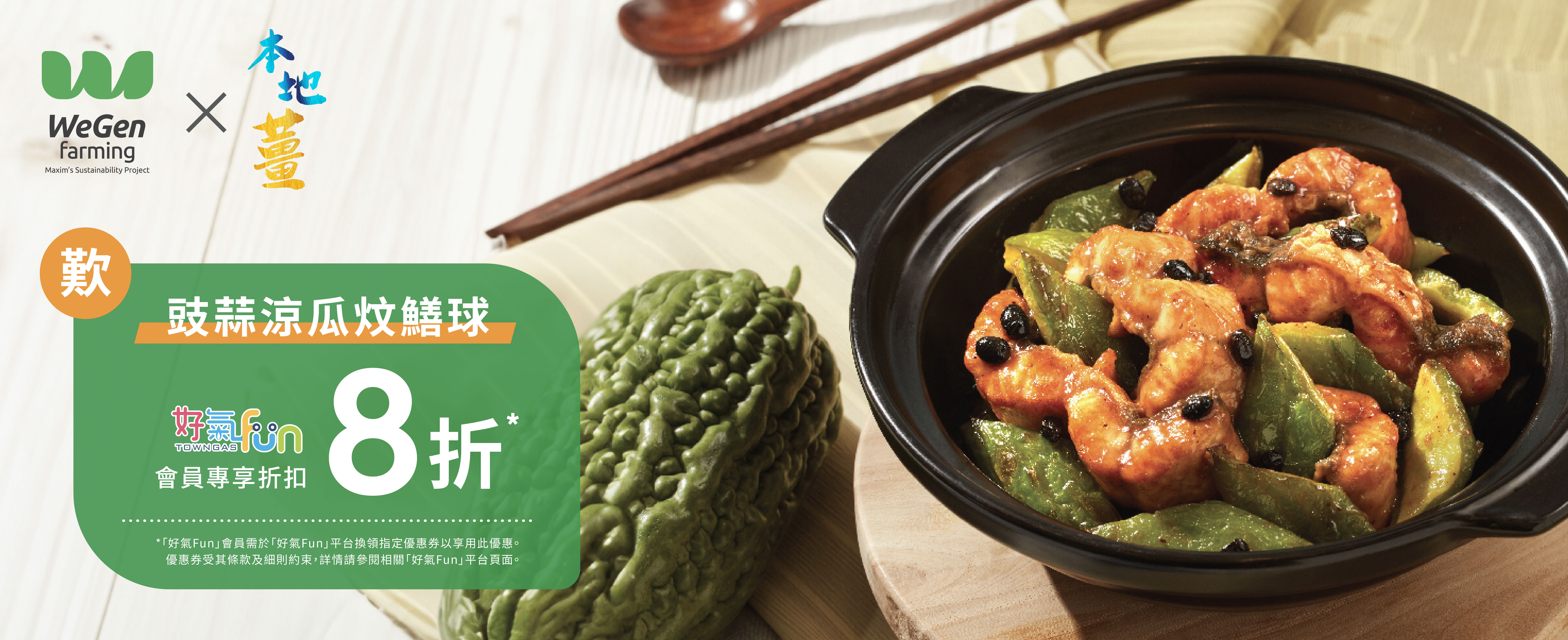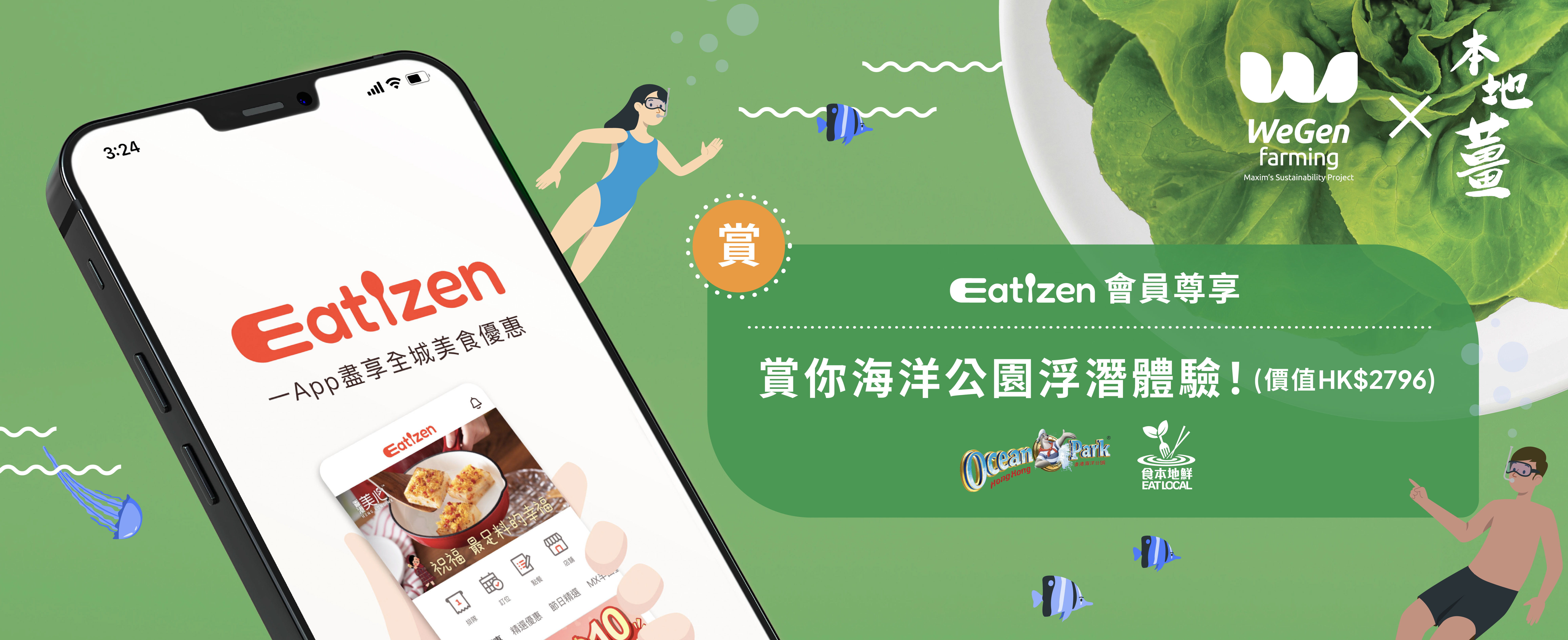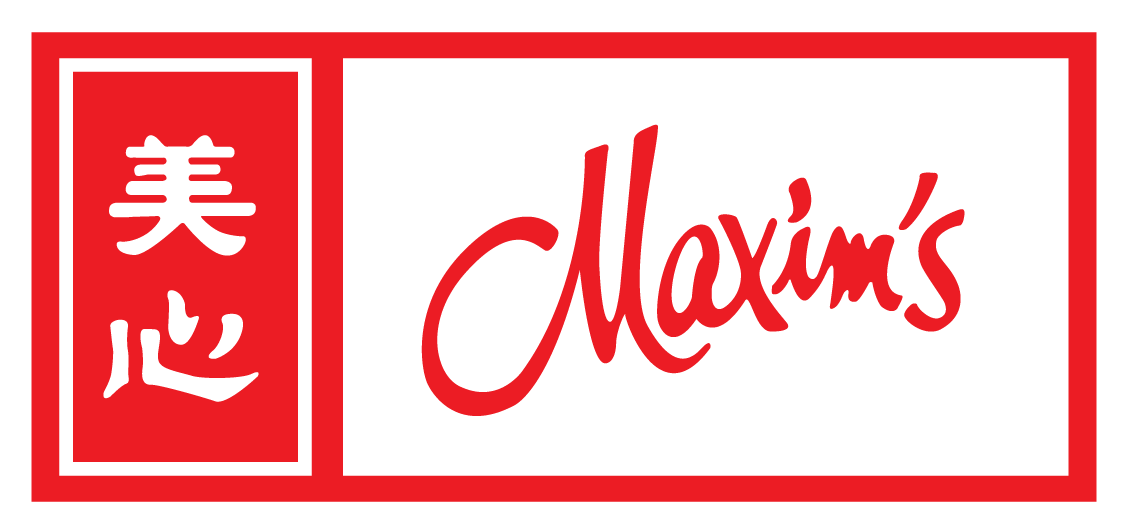The name “WeGen farming” combines the concepts of "We" and "Regenerative" to invite people from all walks of life to savour the seeds of change.
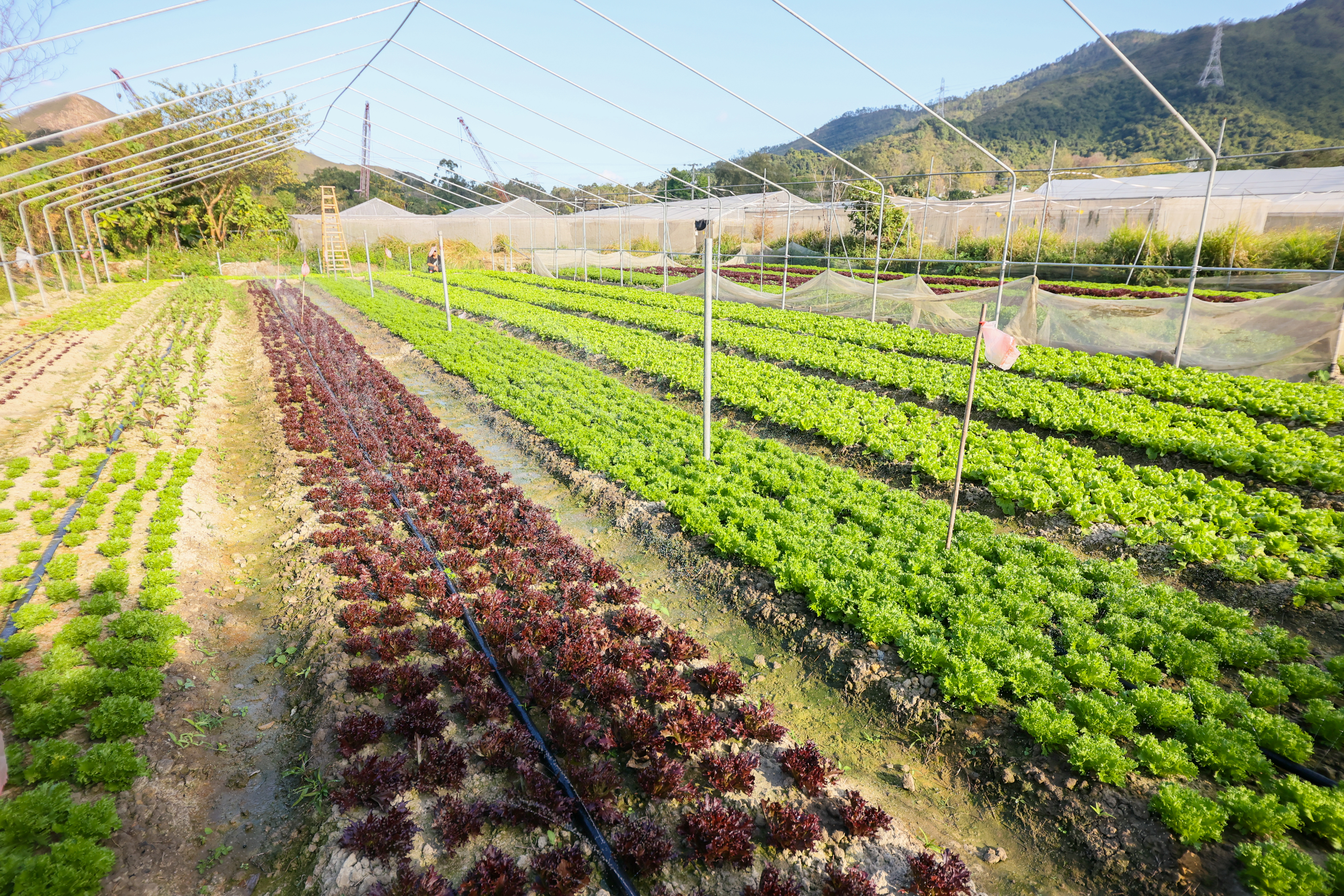
One of the key features of WeGen farming is to give pre-consumer food waste a second life while creating a sustainable model for circular economy.
Maxim's Group collects and sorts out pre-consumer food waste in daily operations including mango peels, salmon bones, coffee grounds and eggshells, and sends them to local farm partner - Hung Yat Farm. Farm owner, Wong Chin Ming (Ming Gor), converts these valuable biological resources into a variety of enzymes and fertilisers, which are then applied to the soil according to different stages of field cultivation and crop production, thus replacing chemical fertilizers. These natural enzymes not only strengthen soil health and prevent pests, but also help enhance the taste of the produce. After harvesting, these seasonal produce are delivered straight from the farm to Maxim's restaurants, where they are skillfully prepared into seasonal dishes for customers to enjoy.
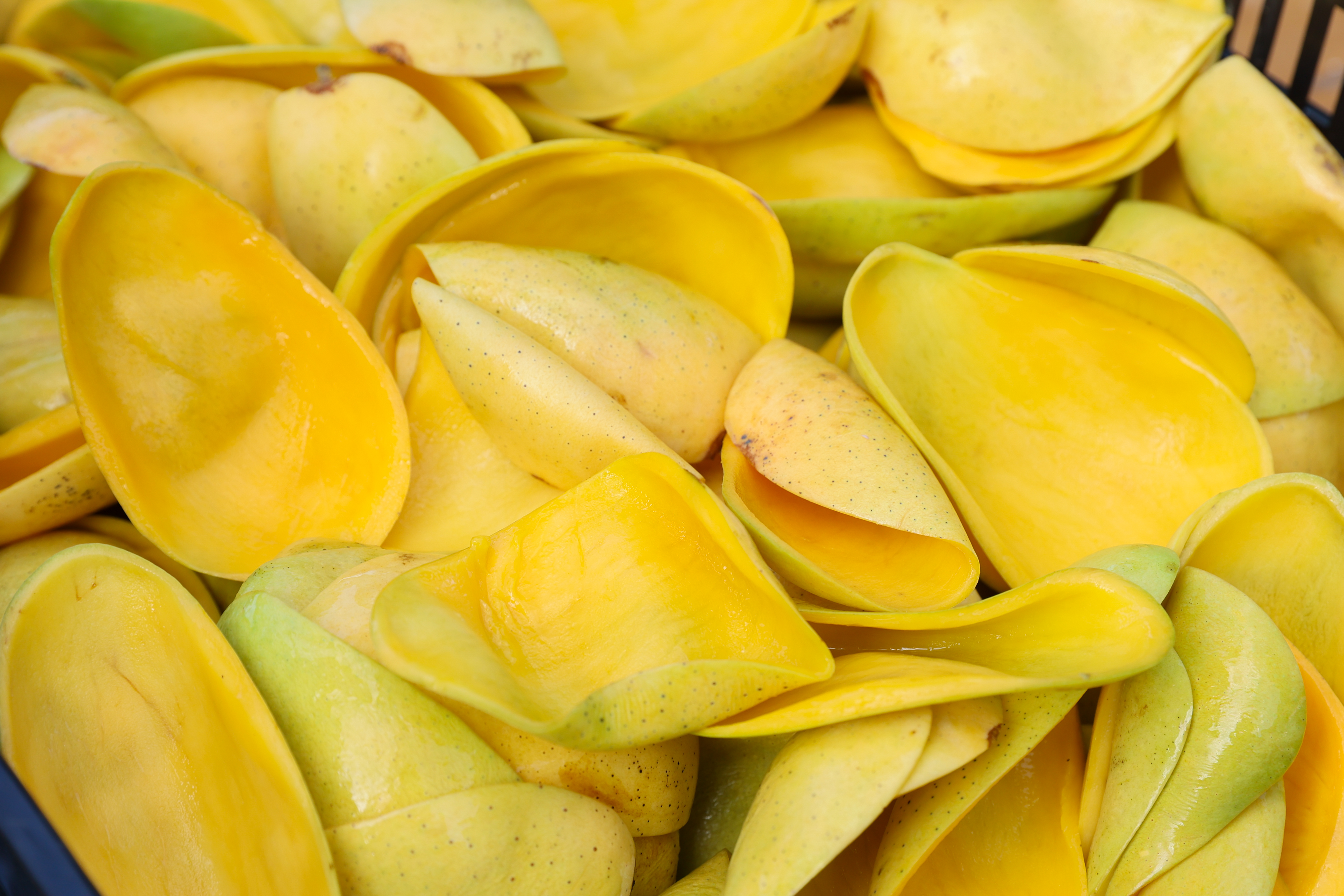
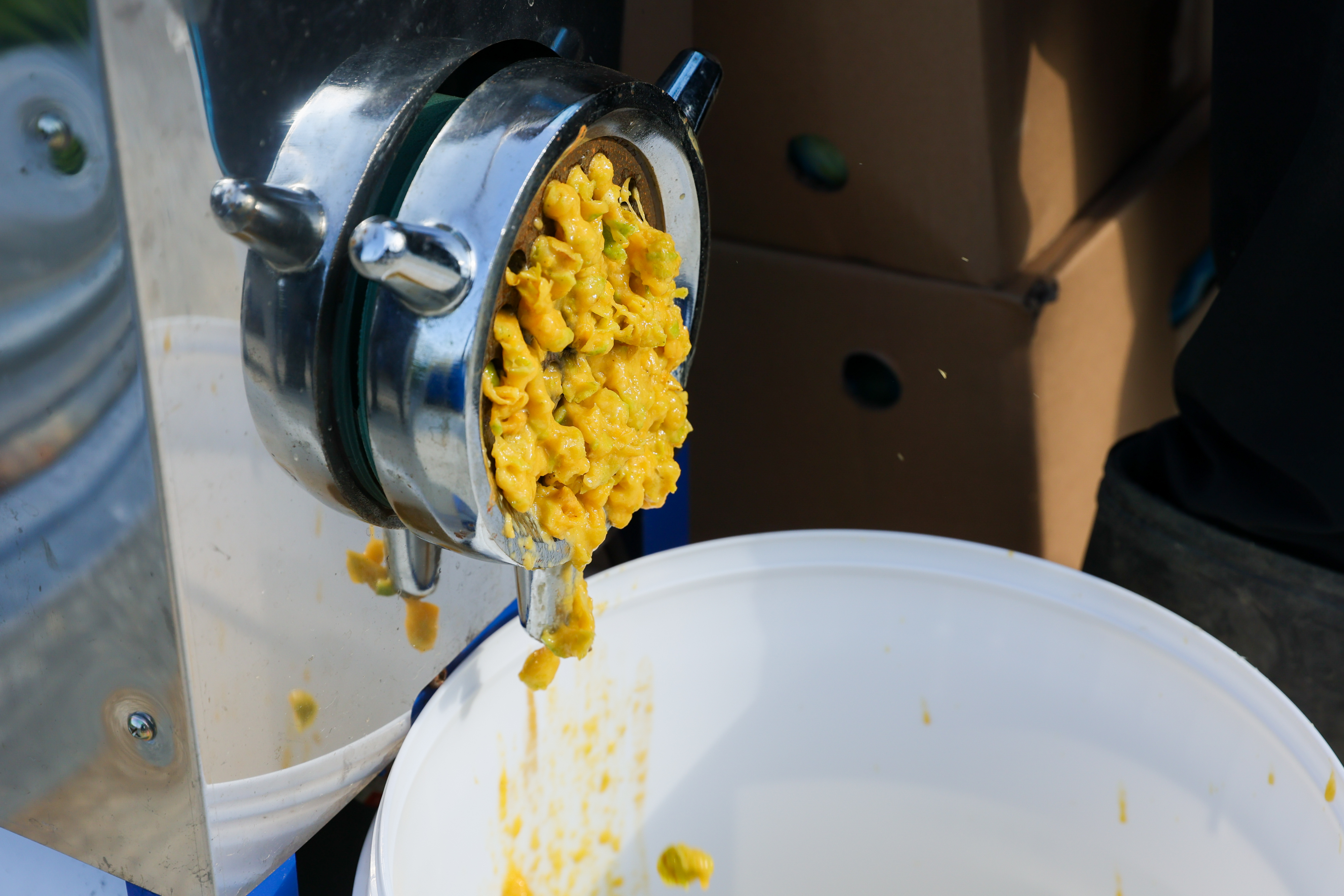
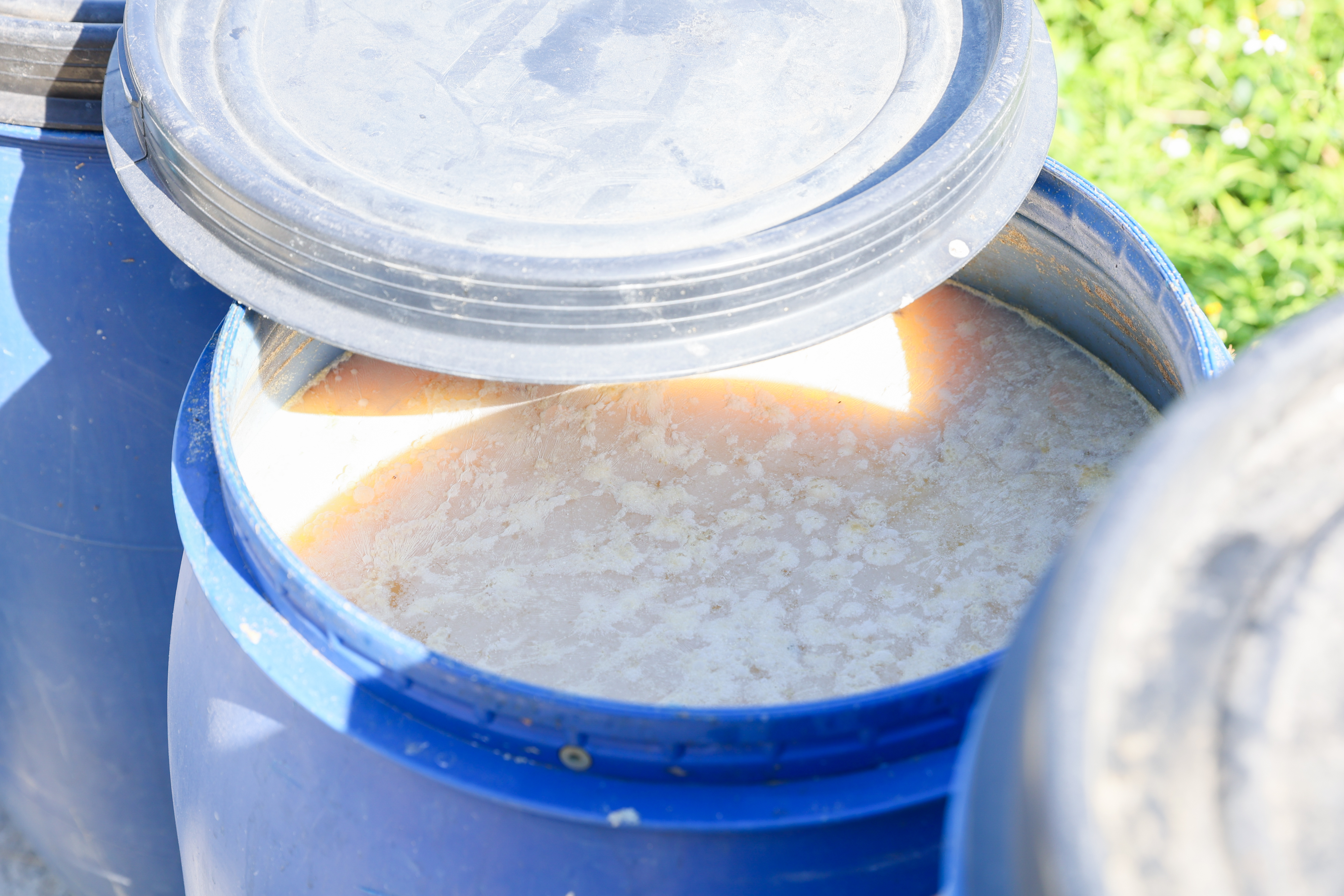
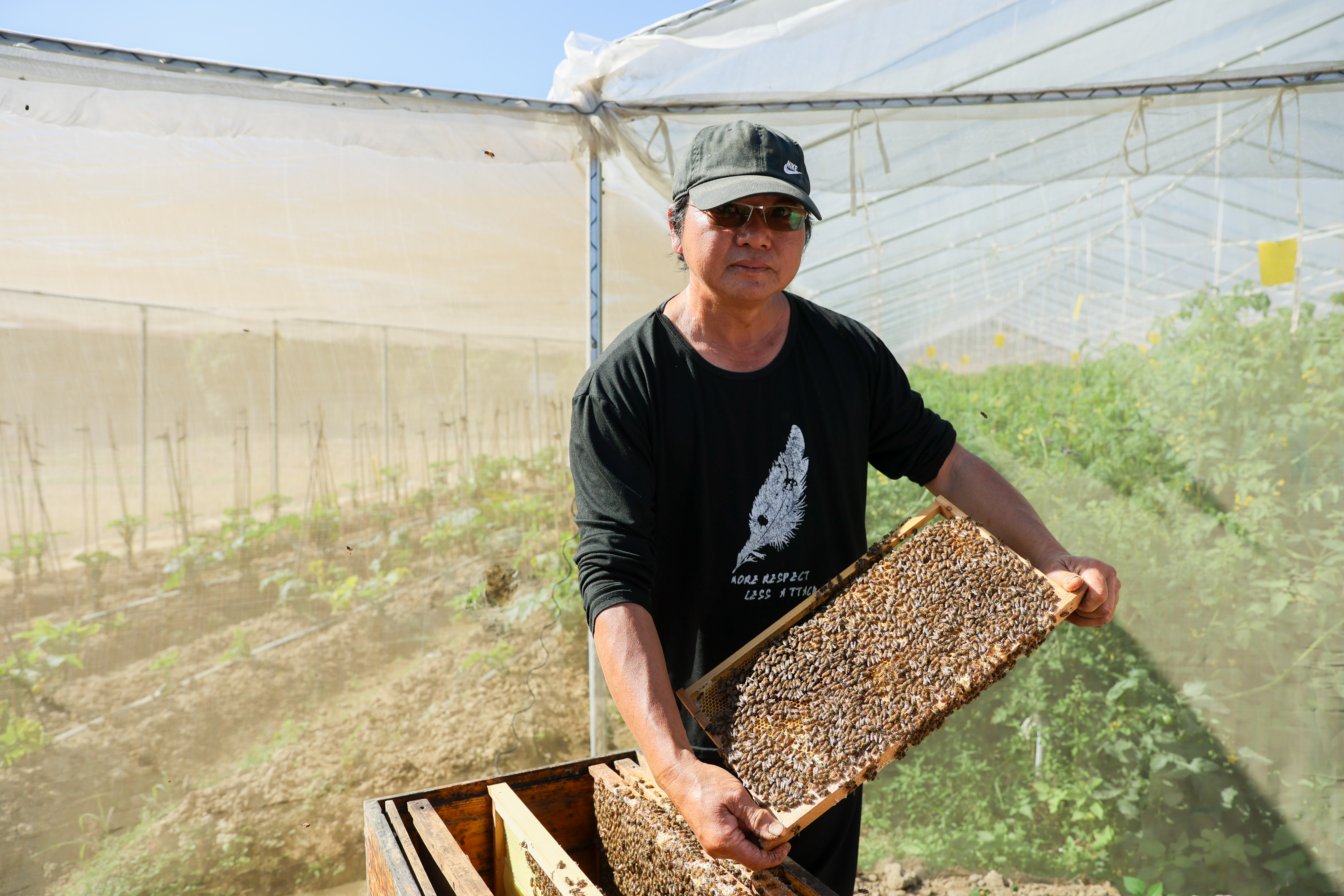
Wong Chin Ming (Ming Gor), the owner of WeGen farming's farm partner Hung Yat Farm, is committed to developing eco-friendly and chemical-free farming methods. Utilizing Maxim’s pre-consumer food waste, Ming Gor transforms the waste into natural enzymes and fertilizers which he uses to nourish the soil, avoid chemical pesticides and fertilizers to protect both land and water from chemical pollution. Ming Gor practices crop rotation according to seasons and the twenty-four solar terms, to cultivate vegetables and fruits at their best condition. He also insists to share crops with other wildlife of the farm to maintain biodiversity, and foster harmony between agriculture and nature. Regenerative farming also protects the soil in the long run, maintaining carbon balance via carbon sequestration and mitigating greenhouse effect.
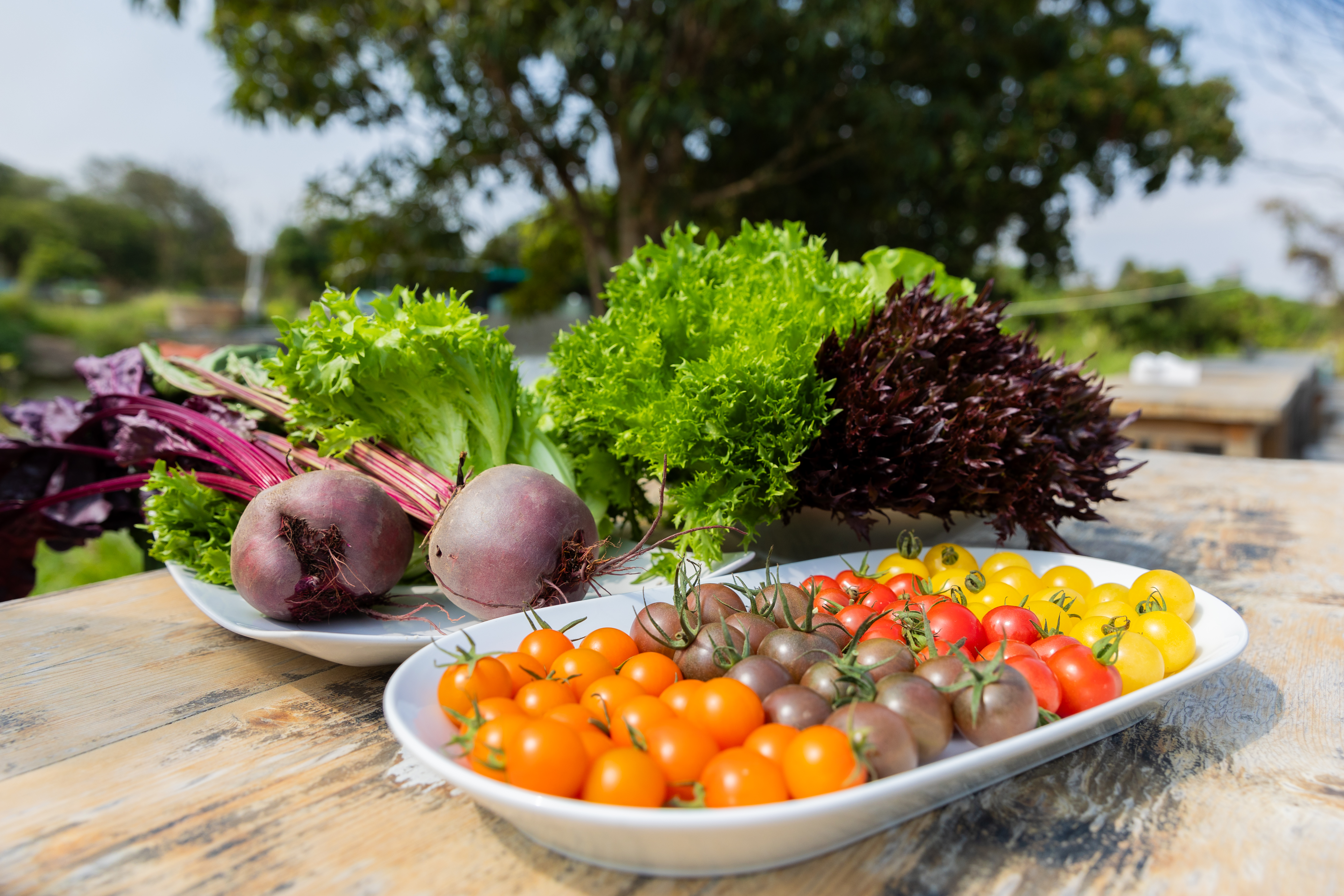
In addition to promoting circular economy and chemical-free farming, WeGen farming also emphasizes farm-to-table dining experiences. Use of seasonal vegetables from local farms not only reduces transportation emissions, Ming Gor also added that:
More importantly, vegetables can be harvested in their ripest and tastiest conditions before delivered straight to restaurants, which is by no means comparable to the conventional chemical-applied produce!
